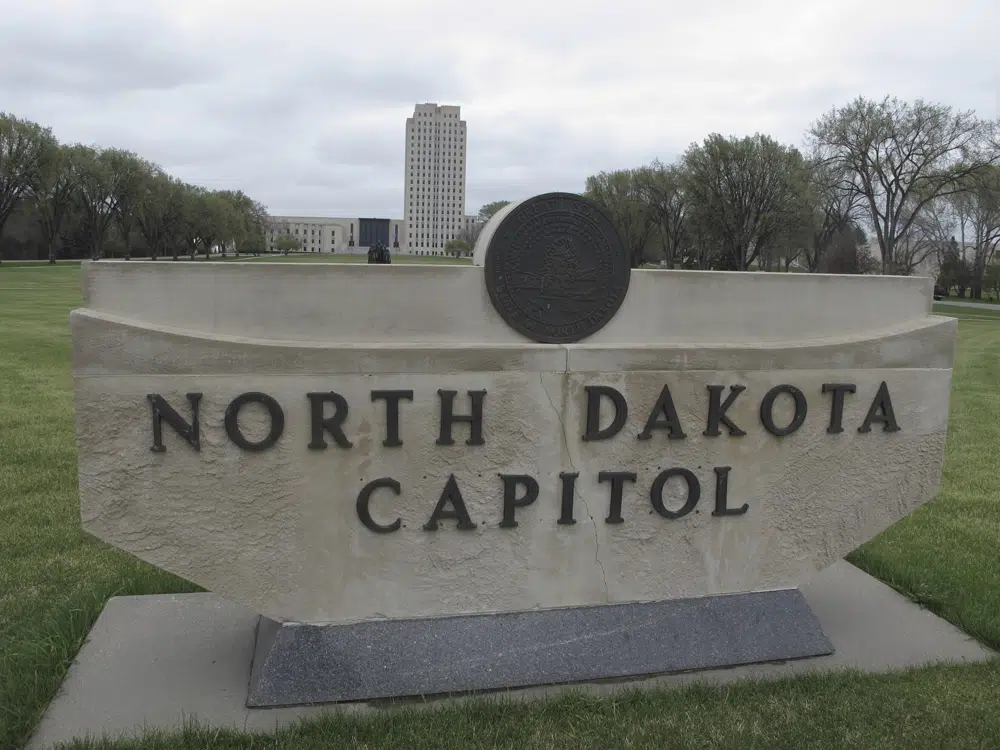The North Dakota House has passed two bills related to gender that have garnered controversy. The first bill requires state data collection to only include “male” and “female” as options, as assigned at birth, and proponents say this improves the accuracy of public health data. Critics argue that this data collection would erase vulnerable populations from data and outreach. Democratic Representative Josh Boschee argues that the bill is a “complete overreach of our government” and that society should “collect as much data as we can to make sure that we can help improve people’s lives.” The second bill, which has been passed in other Republican-led states, makes it a class B felony to perform gender-affirming surgery on a minor, and a class A misdemeanor to give puberty-blocking medication to a minor. Supporters of the bill say that this protects children from predators and future regrets, while opponents say it further harms transgender children who already have high rates of suicide.
These bills still need to be passed through the Senate and governor to become law. However, legislation similar to this has been passed in several other states this year, with LGBTQ-rights advocates worrying about the implications for transgender people. Many Republicans are pushing for bans on gender-affirming care, despite the fact that doctors and psychologists consider such care medically necessary.
These bills have faced criticism from the Democratic party, as well as several Republicans who voted against their passage. The North Dakota House is composed of 12 Democrats and 82 Republicans. Critics argue that these bills represent an overreach of the government and an attempt to erase the legal existence of transgender people. Proponents argue that it will protect children from predatory adults and regrets. The debate highlights a broader disagreement about how to handle gender-affirming care for minors.

